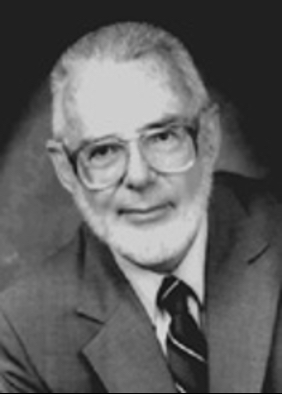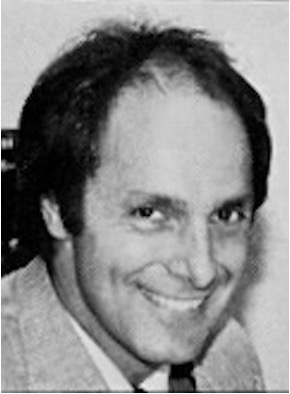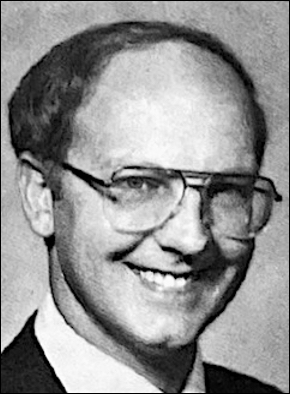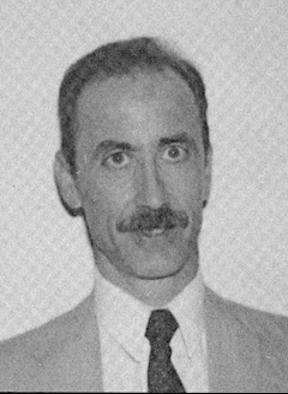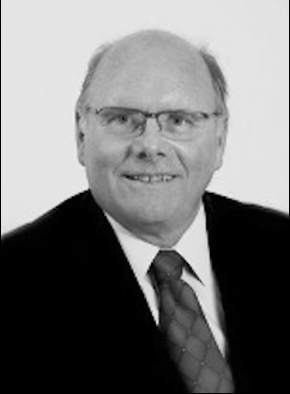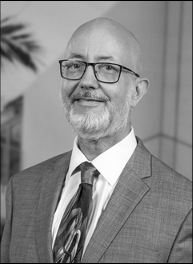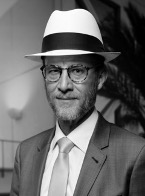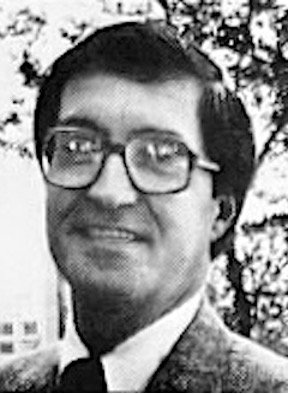
J. David Boyle joined Miami from Pennsylvania State University in 1981, succeeding Neal Glenn, who had started at Miami in 1968—the same year Boyle began at Penn State. Boyle received his degrees from the University of Arkansas (BSE 1956) and University of Kansas (MME 1960, PhD 1968). Prior to Miami, he taught music in the public schools of Cassville, Missouri (1956–59) and Lawrence, Kansas (1960–63), and served on the music faculties at Moorhead State College in Minnesota (1967–68) and Pennsylvania State University (1968–81). At the University of Miami, he chaired the Department of Music Education and Music Therapy (1983–95) and then served as Associate Dean for Graduate Studies in Music until his retirement in 2000.
Boyle’s research interests included the writing of instructional objectives and evaluation of competencies, program evaluation, (particularly of arts programs and comprehensive musicianship), and the psychology of music. He directed 26 dissertations and 4 theses.
His service to the profession included the the editorial board of the Journal of Research in Music Education and hosting the ISME Reseach Commission seminar in Miami in 1994.
He is perhaps best known for two co-authored texts (with Rudolf E. Radocy) Foundations of Musical Behavior (5 editions) and Measurement and Evaluation of Musical Experiences.
Other representative publications:
- Boyle, J. D. (1968). The Effect of Prescribed Rhythmical Movements on the Ability to Sight Read Music (Doctoral Dissertation, University of Kansas)
- Boyle, J. D. (1970). The effect of prescribed rhythmical movements on the ability to read music at sight. Journal of Research in Music Education, 18(4), 307-318. https://doi.org/10.2307/3344498.
- Boyle, J. D., Hosterman, G. L., & Ramsey, D. S. (1981). Factors influencing pop music preferences of young people. Journal of Research in Music Education, 29(1), 47-55. https://doi.org/10.2307/3344679
- Boyle, J. D. (1992). Evaluation of musical ability, in Richard Colwell (Ed.) Handbook of Research on Music Teaching and Learning (pp. 247-265), Oxford University Press.
- Fortney, P. M., Boyle, J. D., & DeCarbo, N. J. (1993). A study of middle school band students' instrument choices. Journal of Research in Music Education, 41(1), 28-39. https://doi.org/10.2307/3345477
- Boyle, J. D., Fiese, R. K., & Zavac, N. (2004). A Handbook for Preparing Graduate Papers in Music. Halcyon Press Ltd.



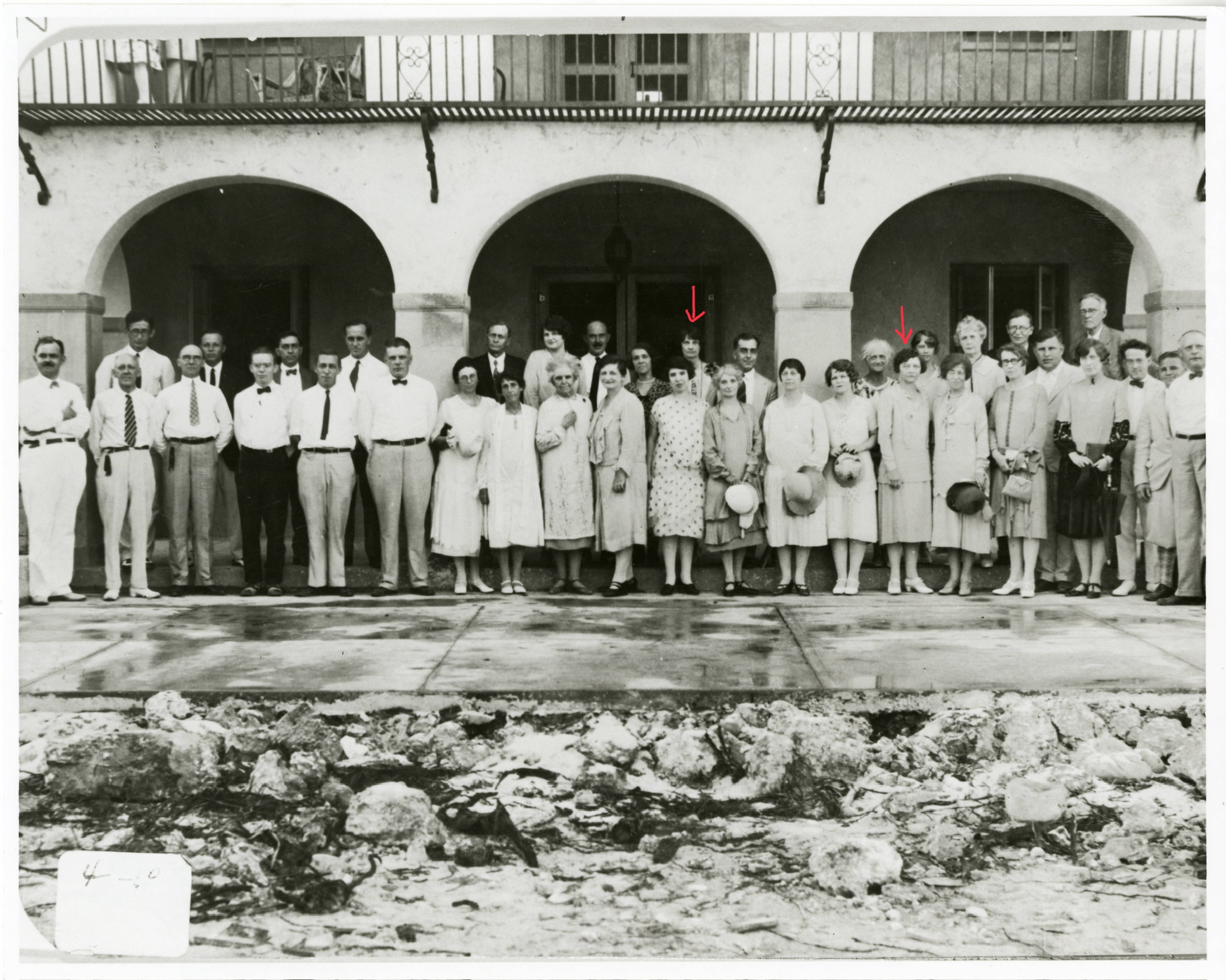
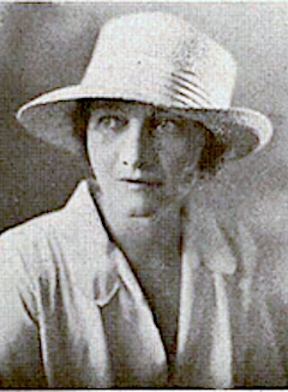
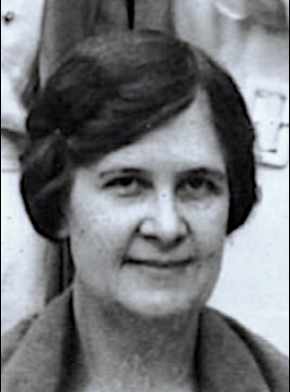

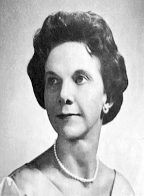
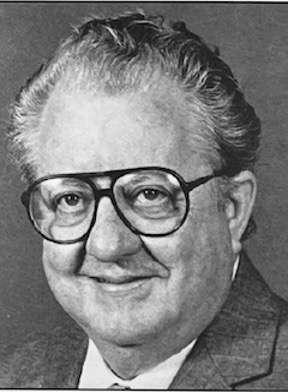
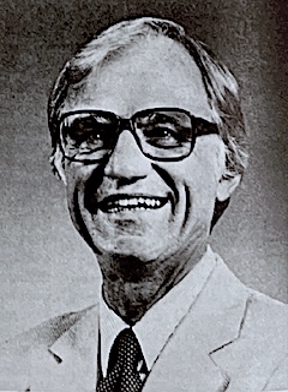
 Neal Edwin Glenn's appointment as professor of music education and Associate Dean for Graduate Studies in fall 1968 likely occurred under urgent circumstances. The unexpected death of Thomas Collins in August 1968 undoubtedly left the music school scrambling to fill the vacancy. Lee Kjelson, who had arrived at Miami in 1967, may have contacted Glenn, his former dissertation advisor at the State University of Iowa. Glenn likely knew Collins, as both had served as Editorial Associates for the Journal of Research in Music Education. It's possible that Himie Voxman, director of the school of music at Iowa and a member of Collins's dissertation committee in 1950, agreed to release Glenn to Miami with the understanding that he would complete his oversight of dissertations in progress through spring 1969. Glenn later chaired the music education department from 1974-1980, succeeding Kjelson.
Neal Edwin Glenn's appointment as professor of music education and Associate Dean for Graduate Studies in fall 1968 likely occurred under urgent circumstances. The unexpected death of Thomas Collins in August 1968 undoubtedly left the music school scrambling to fill the vacancy. Lee Kjelson, who had arrived at Miami in 1967, may have contacted Glenn, his former dissertation advisor at the State University of Iowa. Glenn likely knew Collins, as both had served as Editorial Associates for the Journal of Research in Music Education. It's possible that Himie Voxman, director of the school of music at Iowa and a member of Collins's dissertation committee in 1950, agreed to release Glenn to Miami with the understanding that he would complete his oversight of dissertations in progress through spring 1969. Glenn later chaired the music education department from 1974-1980, succeeding Kjelson.